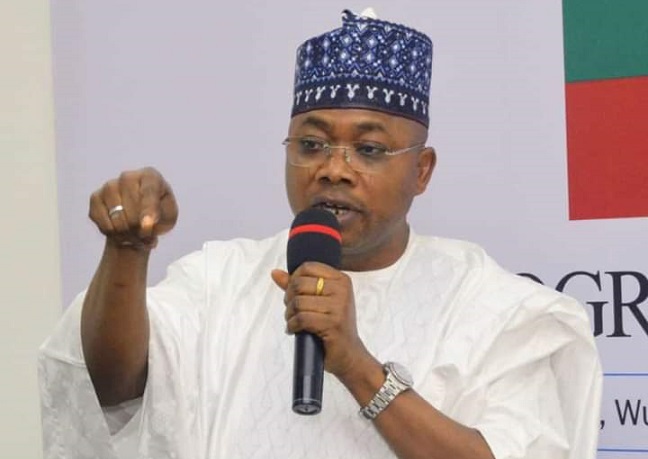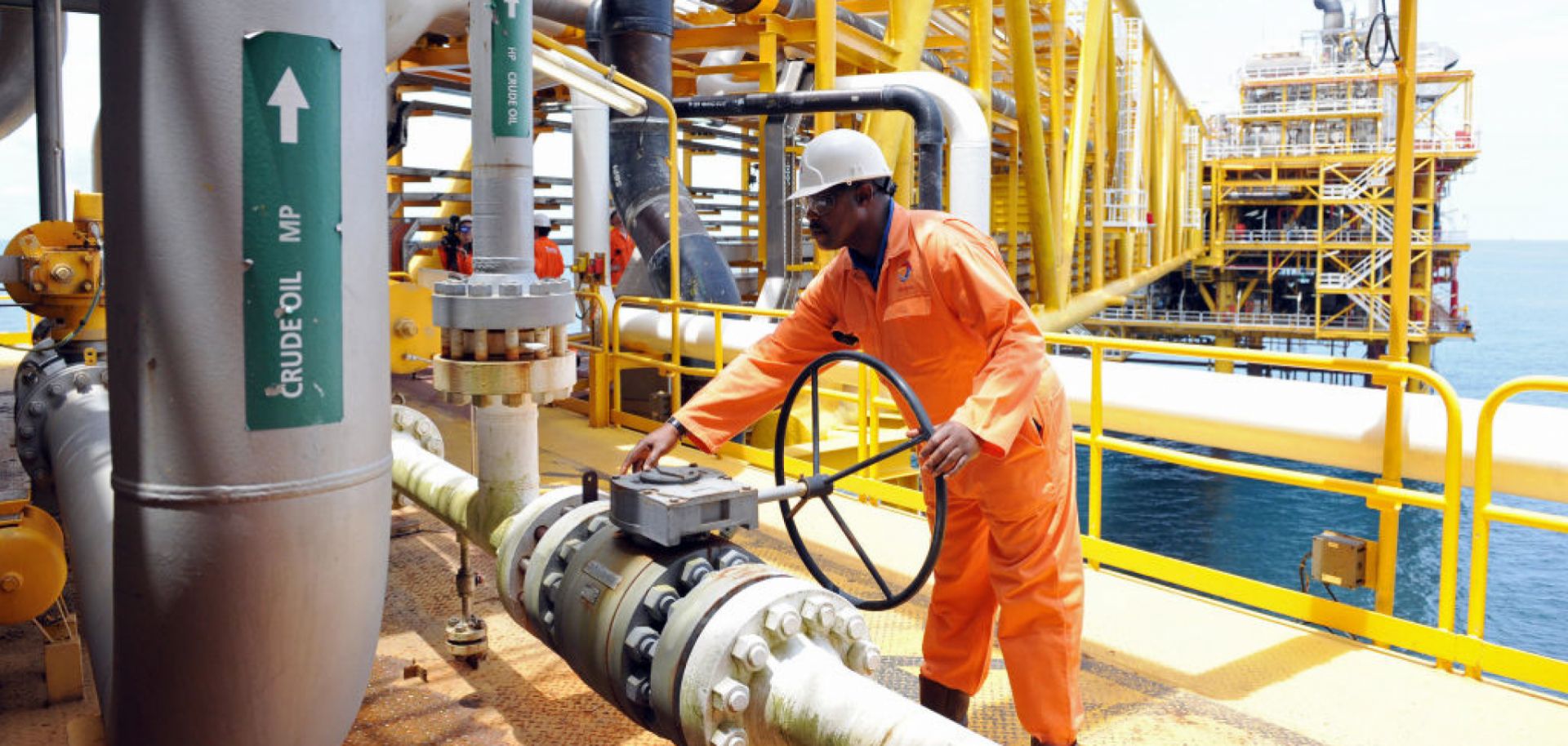Saudi Aramco’s to pay shareholders $20bn Q2 dividendAramco’s dividend payment is the highest of any publicly traded firm, with nearly all of it going to the Saudi government.
According to BusinessDay, Saudi Aramco, the majority-owned state-owned enterprise in Saudi Arabia, will pay shareholders $19.5 billion in dividends in the second quarter of 2023. This sum is greater than the size of Nigeria’s 2023 budget.
This is even more impressive in light of the fact that the company’s profit decreased by about 40% from the same time the previous year due to a reduction in hydrocarbon prices.
Aramo declared a second-quarter dividend of $19.5 billion to be paid in the third quarter in addition to reaffirming its $19.5 billion first-quarter base dividend, which was paid in the second quarter.
Aramco also announced that it would be paying out performance-linked dividends over the course of six quarters, beginning with a $9.9 billion payment in the third quarter.
“Our plan to maintain a sustainable and progressive dividend for our shareholders remains intact,” the CEO of Aramco, Amin Nasser, said to the media during a corporate earnings call.
The second quarter saw a $30 billion net profit for the state-run oil company in Saudi Arabia. Nevertheless, according to a poll conducted by Aramco, the second-quarter profit was marginally higher than the $29.8 billion analyst consensus.
The company stated in a filing to the Saudi stock exchange, known as Tadawul, that the significant fall was brought on by reduced crude oil prices and declining margins in the refining and chemicals industries.
Despite the economic challenges, there are signs that the demand for goods and services worldwide is still strong, Nasser added. This is being aided by the aviation industry’s continuous recovery.
The Central Bank of Nigeria floated the naira on June 14 in a significant departure from years of rate control. This move has been hailed as the crucial first step in repairing the country’s damaged foreign exchange market. The Nigerian government is now looking for ways to draw dollars into the market in order to stabilize.
According to the CEO of the Centre for the Promotion of Private Enterprise, economist Muda Yusuf, “the CBN should position itself for periodic intervention in the forex market, as and when necessary, to stabilize the exchange rate and prevent volatility.”
Instead of fixing the rate, this should be accomplished by increasing supply to the point where the reserves can support,” Yusuf said.











